As the Ohio legislature stalls in their efforts to revise Issue 2, the ballot issue legalizing marijuana throughout the state of Ohio, some questions remain as to the future of the federally controlled substance that could bring in tax dollars for the Berea City government.
With the Ohio Senate passing SB 86 on Dec. 6, the state awaits a response from the Ohio House regarding the potential changes to Issue 2, including a timeline that could allow recreational marijuana to be sold within three months of the bill’s passage.
Regardless of the state’s advances, as marijuana is currently considered a Schedule I substance under federal law — the same category as heroin — marijuana cannot be used on the Baldwin Wallace University campus or at campus-affiliated events.
Lena Crain, the dean of student affairs, said that for institutions that receive federal funding, such as BW, the Schedule I classification creates a situation where, despite its legality for off-campus property, within the bounds of the institution, including at off-campus events, marijuana is not allowed to be used, possessed, manufactured or distributed.
Crain also said that the passage of Issue 2 prompted BW to create a new addition to the Student Handbook.
“[The handbook] prohibits ‘off-campus possession, use, manufacturing or distribution outside the parameters of Ohio state law.”’
Issue 2 also included a provision allowing local governments to decide if they would allow the opening of marijuana dispensaries in their communities.
The Berea City Council has not yet voted on any particular measure, but Ward 4 Berea City Councilwoman Erika Coble, who represents a portion of BW, said that as Berea voted 67.4% in favor of Issue 2, she would not oppose marijuana in the community.
“It is a law, so I don’t believe we should try to hold it back from happening in our community, but I don’t know what that would look like,” Coble said.
However, in 2017, when the City of Berea voted on a moratorium against the potential issuing of licenses for medical marijuana dispensaries in the state, some council members voted for the moratorium to prevent the medical marijuana dispensaries from turning into recreational marijuana dispensaries.
Since then, the council has not voted to include marijuana dispensaries as a type of business with a designated land use description in their zoning regulations. This would need to be done before a dispensary opened.
Berea currently has no medical marijuana dispensaries, but the closest medical marijuana dispensary to the BW campus, The Rise, in Lakewood, Ohio, plans to start offering recreational marijuana as soon as possible.
The timeline for when recreational marijuana can begin its sale depends on the next steps of the Ohio House.
SB 86, a revision to HB 86 initially meant to revise the state’s liquor control laws, was urged into passage by Ohio Governor Mike DeWine, but the Ohio House has not yet voted on the bill.
Bride Rose Sweeney, the Democratic Ohio State Representative representing Berea, said that while she hopes that recreational marijuana is soon available and that the House can decide by February, she believes the Senate rushed SB 86, changing its meaning too much.
“There’s a balance between making sure we get it right and not taking so long that people get used to a black market,” Sweeney said. “I would say that the senate rushed the process and, in many ways, on items that were clearly written in Issue 2 they eliminated.”
However, state senator Jerry Cirino, who opposed the legalization of marijuana and cosponsored SB 86 said that a black market will always exist.
“The black market thing is a sort of red herring that the other side likes to bring up,” Cirino said. “If we legalize it, we’re not going to have a black market. I don’t think so. There’s going to be a black market no matter what.”
Operations Lieutenant of the Berea Police Department, Tom Walker, said that while the Berea police department will be working against the black market sale of marijuana, the possession of marijuana under 2.5 ounces has been challenging to criminalize within Berea over the last few years since CBD became more prevalent.
“With hemp, there is really no way to tell the physical difference in the properties of the marijuana from the hemp and CBD without testing in a lab,” Walker said. “There really was no avenue for us to have that test to determine the THC content which would legally allow that to be prosecuted as marijuana in a court.”
Walker said in the last three years, less than six criminal citations have been issued for marijuana possession each year because of a potential difficulty in enforcing marijuana policy with the prevalence of CBD.
SB 86 changes Issue 2 as it reduces the amount of THC content for extracts from 90% to 50%, lowers the number of plants per household from 12 to six, increases the state excise tax and eliminates the Adult Use Tax Fund, which would send money to local communities through different funds such as the Cannabis Social Equity and Job Fund.
Under Issue 2, 36% of tax revenue would have gone directly into the Social Equity and Jobs Fund to aid communities that were disproportionately impacted by the war on drugs by supporting bail reform, youth development, criminal justice reform, violence prevention and legal aid. However, under HB 86, this program would not receive financial support.
Sweeney said she does not support these changes to Issue 2, and she said that she wants to ensure that tax revenue makes its way back to the local municipalities.
“It seems like the majority of the House wants to make sure this money is going back to local municipalities for certain programs like social justice equity programs,” Sweeney said. “It would make sure that some of this money can be used for legal aid, expungements, people who have been criminalized and cannot receive jobs.”
However, Senator Cirino said that changing Issue 2 is within the purview of the state legislators.
“Do you think the voters really knew what the tax structure was going to be when they voted on Issue 2?” Cirino said. “When they voted on Issue 2, people voted for or against on the basis of the immediate availability of marijuana on a recreational basis. That’s all they really cared about.”

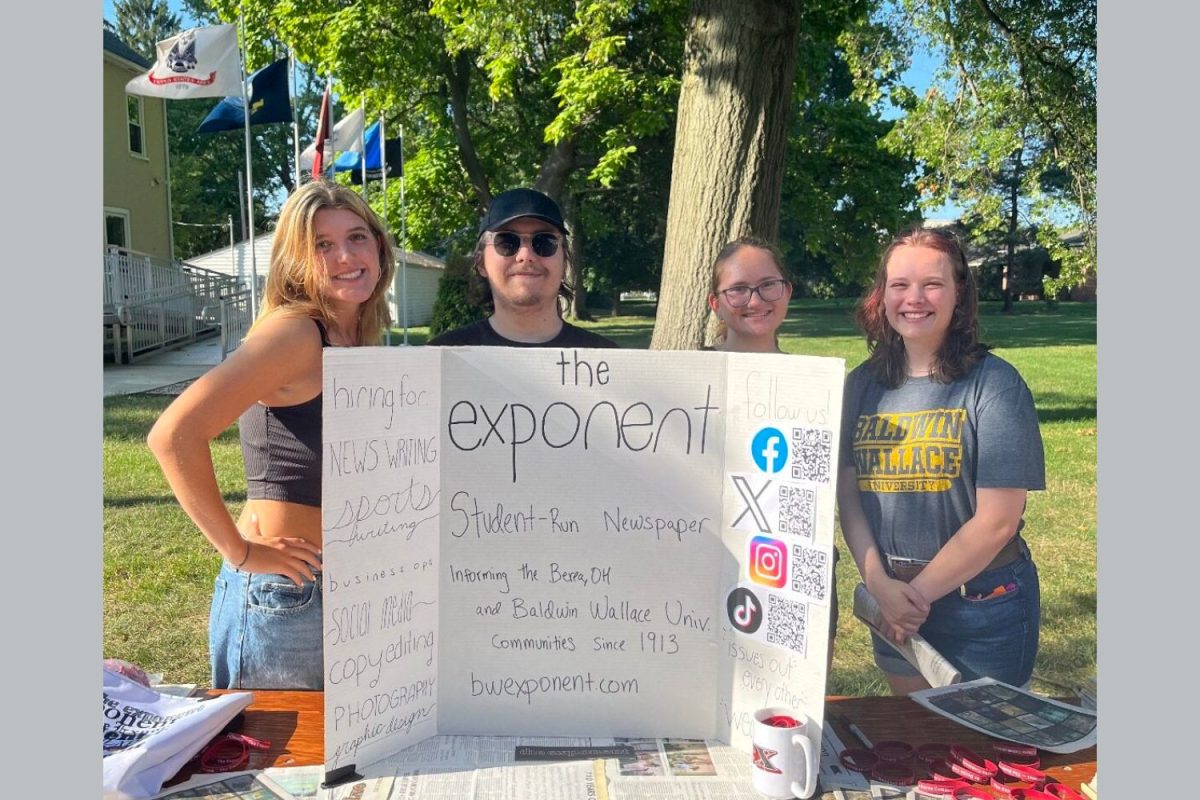
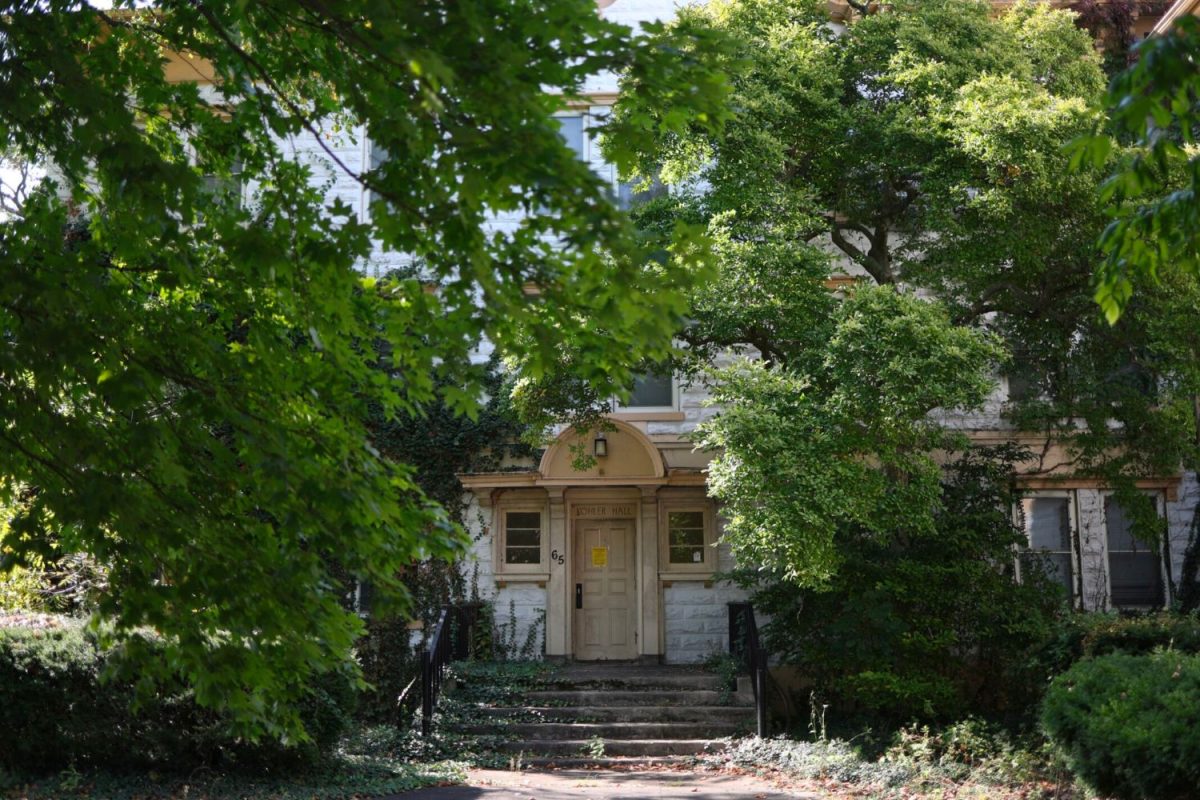
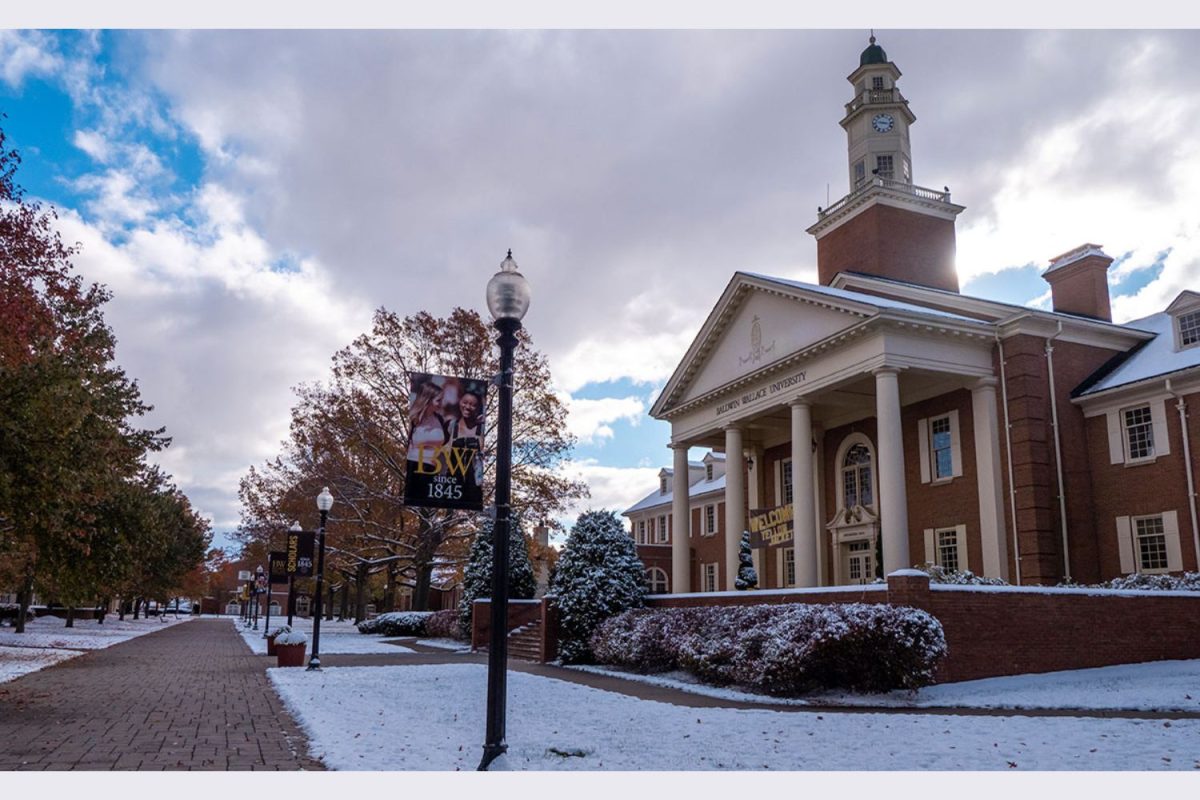
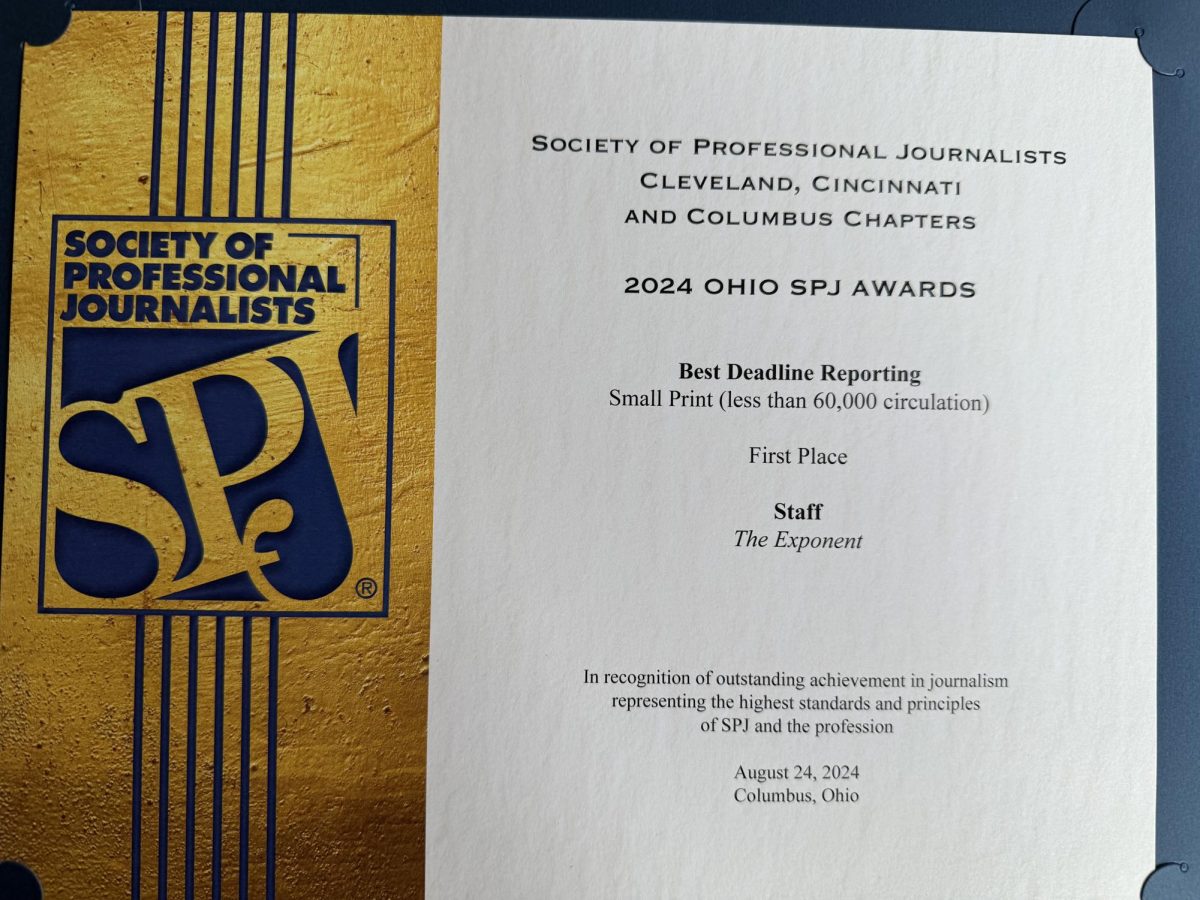

























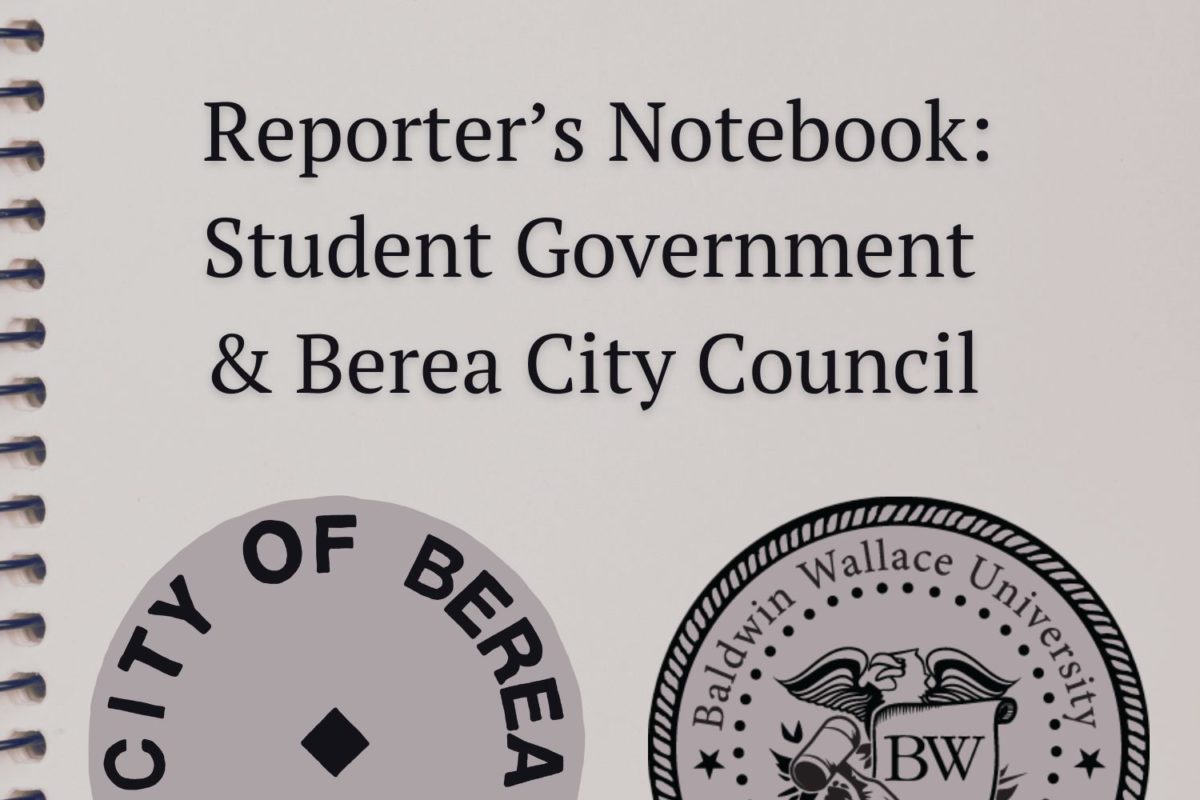




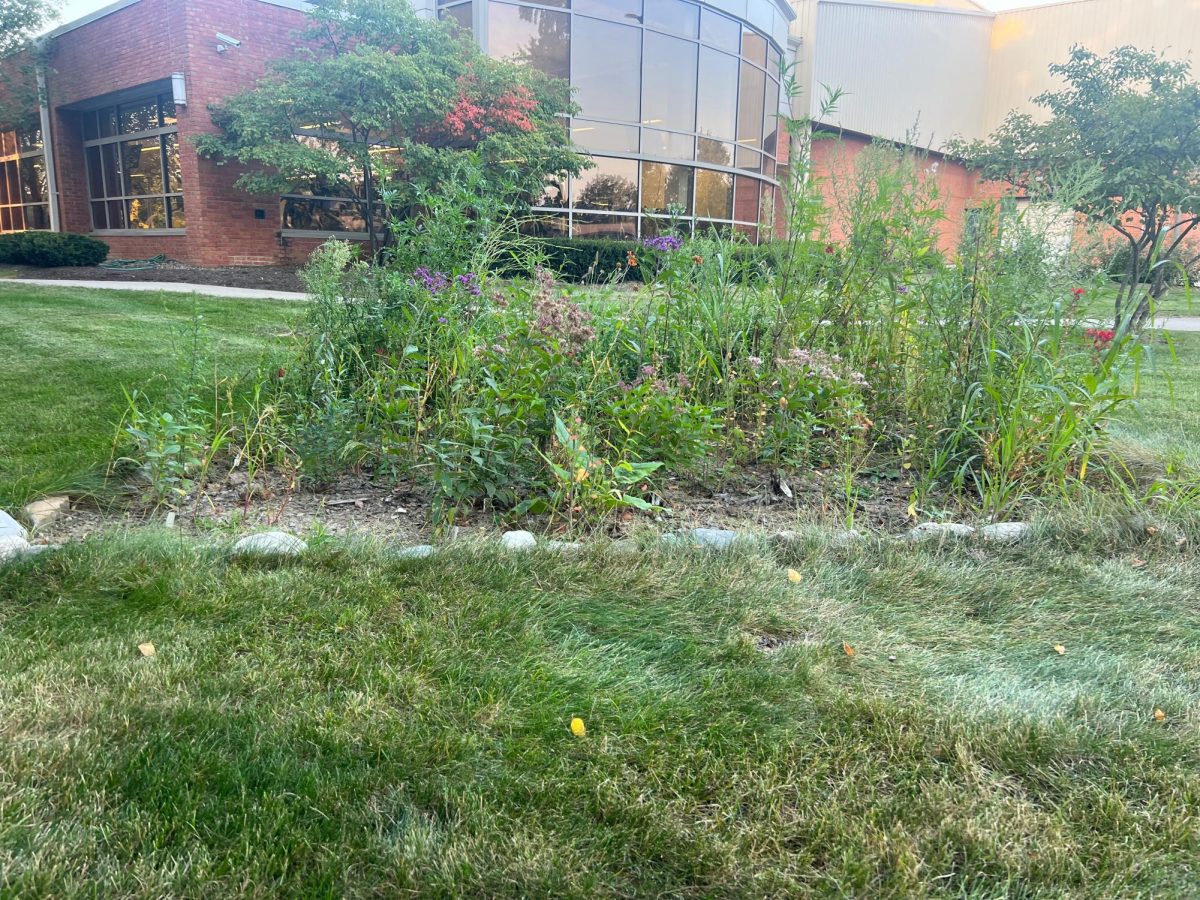


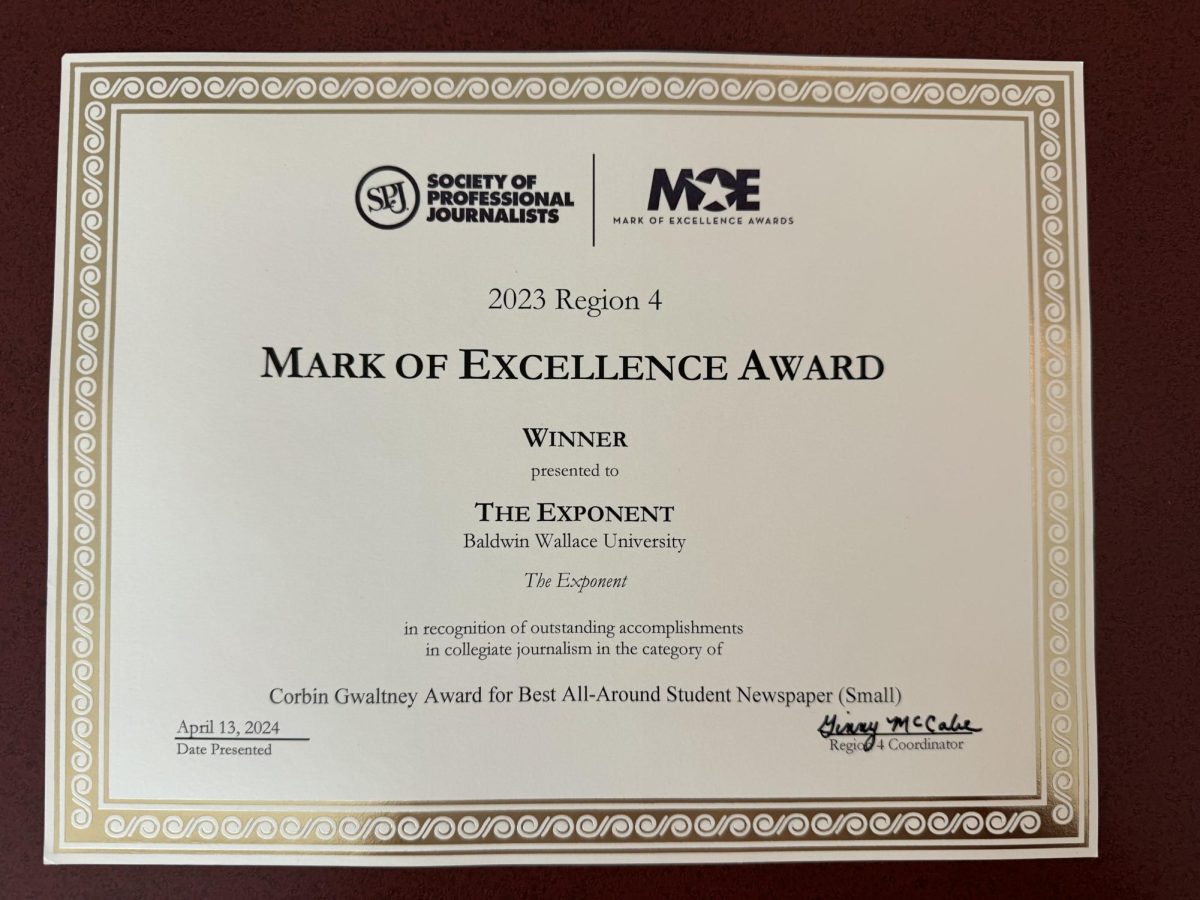

MARVIN WILLIAMS • Feb 17, 2024 at 10:28 am
If reduced THC levels are not erased from bill . legalization would be a waste of time.. the black market would flourish more..